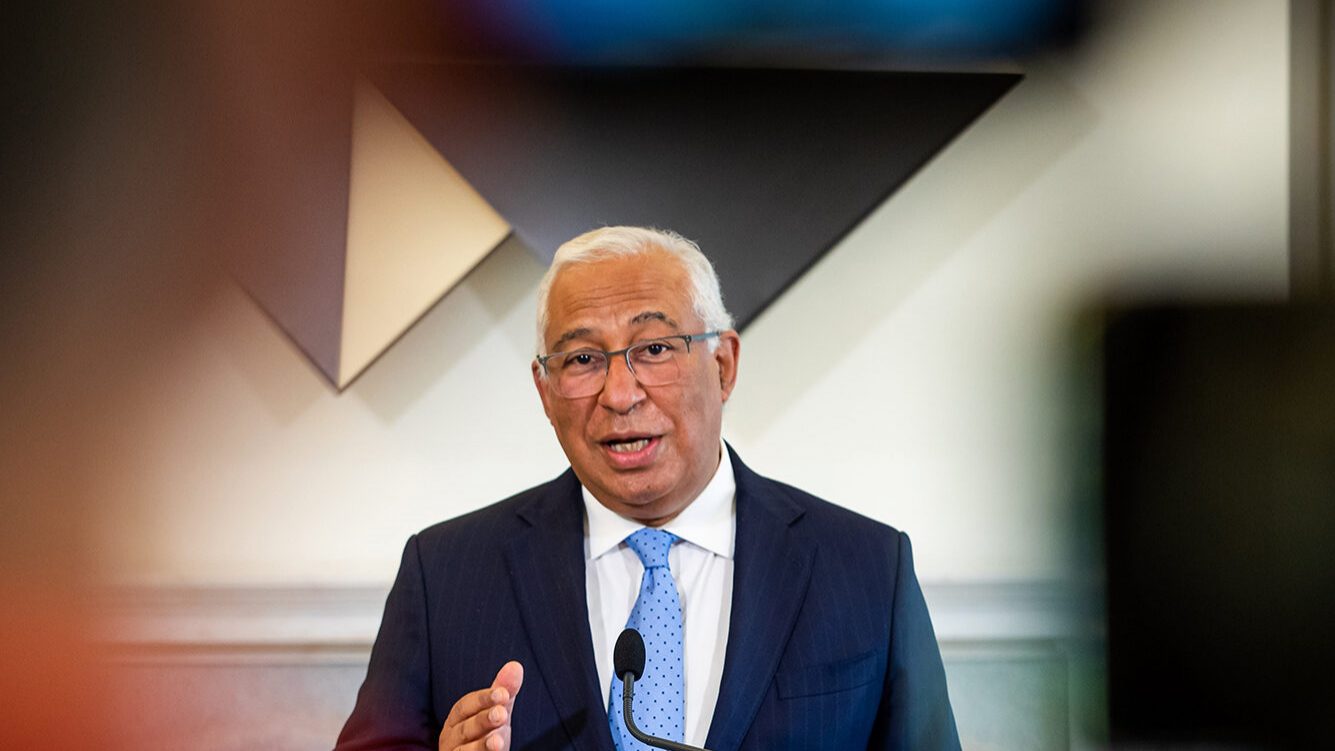Financial sector ‘essential’ for sustainable investment – Matos Fernandes
The environment minister, Matos Fernandes, said on Tuesday that the financial sector could play an "essential role" in promoting sustainable investment.
Portugal’s environment minister, João Pedro Matos Fernandes, said on Tuesday that the financial sector could play an “essential role” in promoting sustainable investment by taking into account the fight against climate change in the risk analysis of projects.
The minister, who is also responsible for the Climate Action portfolio, said the transition to a neutral economy with the protection of biodiversity and the promotion of renewable resources had the potential to create employment and improve the lives of all citizens, contributing to “building more resilient societies”.
Stressing that the goal of a carbon-neutral economy by 2050 “requires significant investment from the public and private sectors”, Fernandes said that “the European financial system has to become more sustainable”.
The European Union (EU) has taken decisive steps in this direction by offering instruments to investors with greater transparency to identify opportunities for sustainable investment. He pointed out.
Among the main instruments, the minister highlighted, besides ‘NextGenerationEU’ worth €750 billion, the regulation of a common language, defining it as “essential” to guide investors in identifying sustainable activities.
At the national level, João Pedro Matos Fernandes stressed that 85% of the Recovery and Resilience Plan is allocated to sustainable investments, “which should be prioritised by contributing to climate and energy objectives while allowing to stimulate the economy”.
The minister also stressed the importance of the Banco de Fomento (Development bank), which will finance the ecological and digital transition.
This new institution, created in 2020 and will have direct access to the EU guarantee, will directly finance companies, mainly in the long term and in riskier sectors, to respond to market failures in the supply of financial products, eliminating some costs bank intermediation.
The development bank “should be a stimulus to develop key financial instruments to support the transition to the neutral and circular economy model, in line with the development of sustainable finance in the EU,” Fernandes said, adding that this mission is “a unique mandate” to channel finance for decarbonisation.
In conclusion, he pointed out that these instruments can help Portugal “achieve its climate and green ambitions”, so economists should develop these needs to support sustainable investment.
Fernandes participated today in the digital conference “Sustainable Finance: New Developments”, organised by the ministry of environment and climate action, as part of the Portuguese presidency of the Council of the EU.


